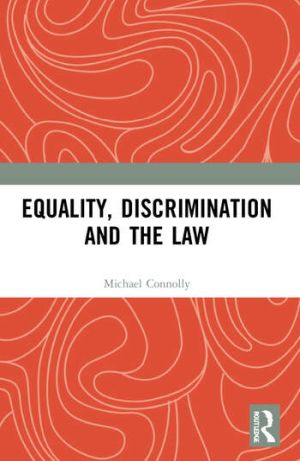
In identifying a number of ‘fuzzy border’ cases (notably where pensionable age, pregnancy, residence, and marriage, are proxies for unlawful discrimination), Equality, Discrimination and the Law argues that the traditional notions of discrimination and victimisation are inadequate to implement equality policy and cannot represent fully the reality of discriminatory practices.
When Mr and Mrs James - each aged 61 - went swimming, Mr James was charged for entry, while Mrs James was admitted free. The reason was that the local authority offered free swimming to those of ‘pensionable age’ (at the time, 65 for men and 60 for women). The House of Lords found that Mr James had suffered direct sex discrimination. This majority plurality decision indicated that sometimes a given set of facts does not neatly accord to traditional definitions of discrimination. This in turn encourages the judiciary to shape the law to fit the facts, which results in an inconsistent body of law full of ‘fuzzy borders’. Starting with the James case, this book investigates a number of ‘fuzzy border’ cases in the EU and UK based on nationality discrimination, notions of indirect discrimination, pregnancy and sex discrimination, marriage and sexual orientation discrimination, perceived discrimination, and victimisation. The argument concludes that fixed notions such as ‘direct and indirect discrimination are mutually exclusive’ do not stand up to scrutiny and that it must be recognised that the traditional concepts of discrimination and victimisation do not reflect the reality of practice.
This work is essential reading for students, scholars and practitioners in all EU and English-speaking jurisdictions, particularly post-graduates, Policy/Law-makers, and those on dedicated equality undergraduate courses.